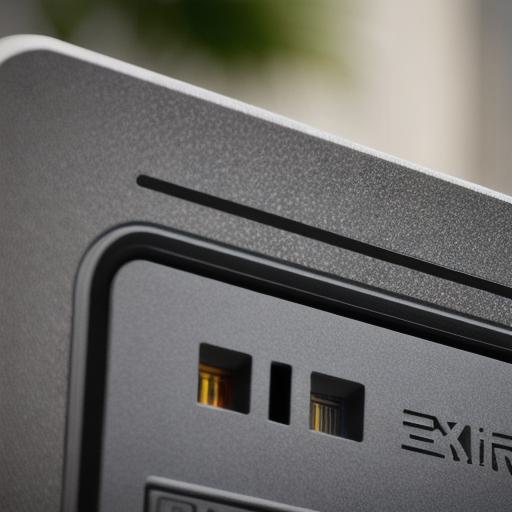Unity is one of the most popular game engines on the market, and with good reason. It’s easy to use, has a vast library of assets, and allows developers to create games for multiple platforms with a single codebase. But what sets Unity apart from other game engines is its ability to accelerate solutions for game development. In this article, we’ll explore how Unity can help you develop games faster and more efficiently.
Faster Development Cycle
One of the biggest advantages of using Unity is the speed at which you can develop a game. With its intuitive interface and vast library of assets, you can quickly create a prototype and test it out. If you need to make changes, you can easily do so without having to start from scratch. This means that you can iterate faster, test your ideas more often, and bring your games to market quicker than ever before.

Cross-Platform Compatibility
Unity is designed to be cross-platform compatible, which means that you can create games for multiple platforms with a single codebase. This saves you time and resources because you don’t have to write separate codebases for each platform. Instead, you can focus on creating the best possible game experience for your players, regardless of their device or operating system.

Ease of Use
Unity is designed to be easy to use, even for those with no programming experience. Its drag-and-drop interface and vast library of assets make it simple to create a game without having to write any code at all. This means that you can focus on the creative aspects of game development, rather than getting bogged down in technical details.
Large Community Support
Unity has a large and active community of developers who are always willing to help out newcomers. If you’re stuck on a problem, chances are that someone else has already encountered it and can provide you with a solution. This means that you don’t have to spend hours searching for answers or trying to figure things out on your own.
Cost-Effective
Unity is a cost-effective option for game development, especially when compared to other game engines. Its pricing model is transparent and straightforward, with no hidden costs or surprise expenses. This means that you can budget more effectively and focus on creating the best possible game experience for your players, without breaking the bank.
Case Study: Unity in Action

One of the best ways to understand how Unity can accelerate solutions for game development is to look at real-world examples. Let’s take a look at how Unity was used to develop the popular mobile game, "Pokémon Go."
"Pokémon Go" is a location-based augmented reality (AR) game that was developed by Niantic using Unity. The game was launched in 2016 and quickly became a cultural phenomenon, with millions of players around the world downloading it and playing it on their smartphones.
One of the key ways that Unity helped accelerate the development of "Pokémon Go" was its cross-platform compatibility. The game was designed to work seamlessly across multiple platforms, including iOS and Android devices. This meant that Niantic could reach a much larger audience than if they had only developed the game for one platform.
Another way that Unity helped accelerate the development of "Pokémon Go" was its ease of use. The game’s creators were able to use Unity’s drag-and-drop interface and vast library of assets to quickly create a prototype and test it out. This allowed them to iterate faster and make changes more often, which helped them refine the game’s mechanics and improve the overall player experience.
FAQs
- Can I use Unity if I have no programming experience?
Yes, Unity is designed to be easy to use, even for those with no programming experience. Its drag-and-drop interface and vast library of assets make it simple to create a game without having to write any code at all.
2.



